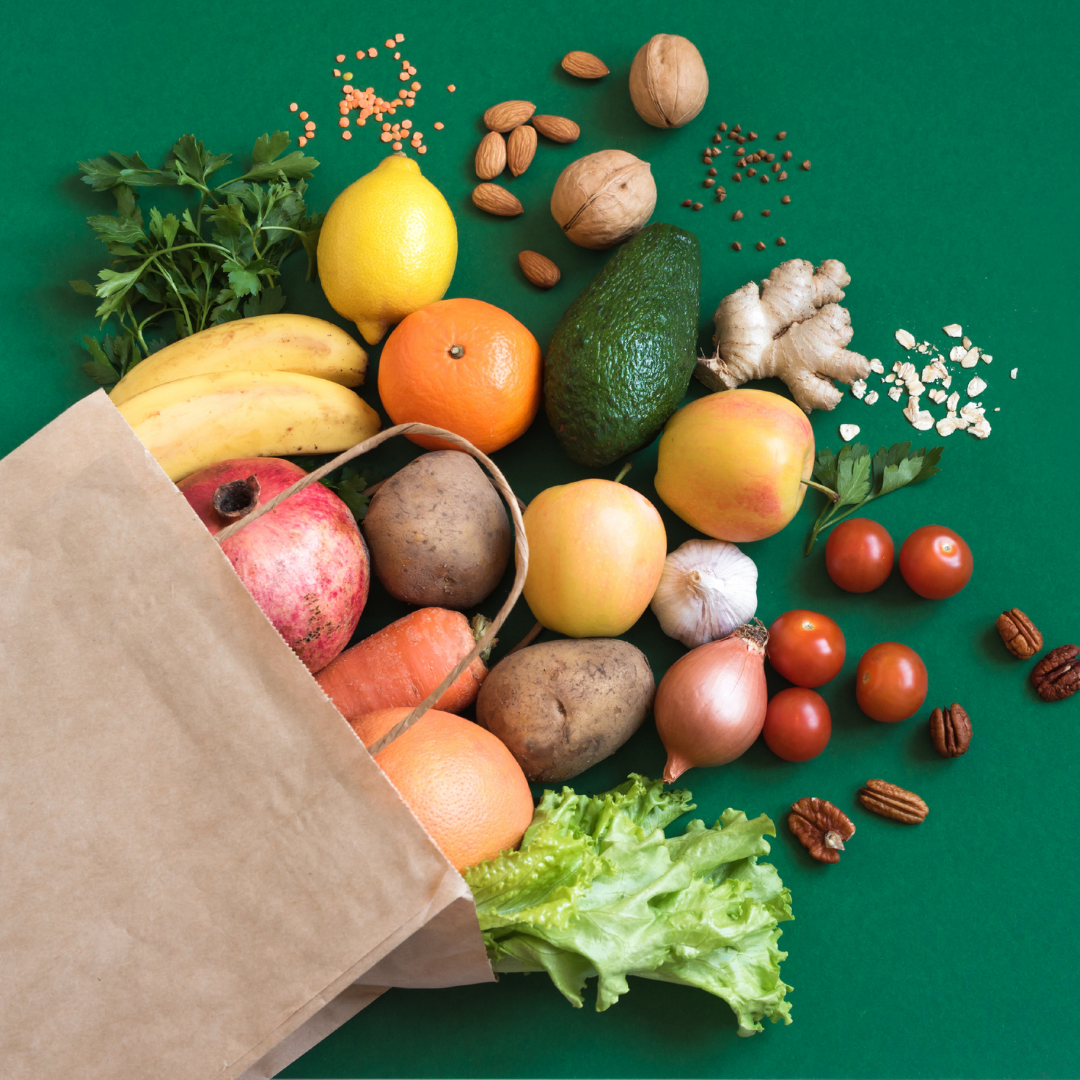Growing your food is a great way to save money, eat healthier, and get more control over your food supplies. But, how do you go about growing your organic supplies? To start, grow what’s right for you. Next, find a place where you can grow your crops (for instance, you can find Ranches for sale in an ideal location where you can grow your crops without any hindrance).
Though it is a good idea to grow your own food, know that you have to learn about a lot of things related to farming. It could be simple things like how often should you water your blueberry plants (click here to read more), if you have them, or when do I trim the endings so that growth can be facilitated. Also, knowing the difference between annuals and perennials might also help you greatly. Annuals grow and bloom for one season, and perennials grow for two or more. Knowing this will help you better understand which plants to grow and when to plant them. Moreover, if you are planning to set up a greenhouse for these crops, you can look for Greenhouse Design that can work for your plantations. Greenhouses can be designed by taking into account what crops you are planning to grow and their specific requirements like air, light, warmth, water and nutrients.
Here’s how to grow organic food supplies:
- Crop Rotation
Crop rotation is a gardening technique in which plant varieties are alternated each year. As the soil becomes depleted of certain nutrients, they are replenished by planting another crop. Crop rotation prevents disease by allowing the nutrients in the soil to be consumed by plants in alternating seasons. The benefits of crop rotation include:
* Adding diversity to your garden.
* Increasing the harvest.
* Preventing pest infestation.
* Increasing the value of your garden produce.
- Biological Pest Control
Organic farming is a wonderful extension of your gardening hobby. Organic gardening uses methods that help the soil retain moisture, increase soil fertility, provide beneficial insects for pest control, and enhance plant and crop growth. These methods also help the environment by reducing the carbon footprint of conventional farming. If you still happen to face pest issues despite exercising this particular farming method, it might be wise to get in touch with a company that deals with all in one pest control in Charlottesville or in your local region. They might have the necessary tools and supplies to get rid of the pest problem completely.
- Mechanical Cultivation
Organic farming is a very labor-intensive process. Cultivating organic food can be time-consuming, costly, and frustrating. But it doesn’t have to be. Organic farmers have discovered an effective way to grow organic food supplies without much effort. Mechanical cultivation is a new technology that saves labor, significantly improves yield, and enables the organic farmer to get food on the table quickly.
- Green Manures and Compost
Organic food can be more expensive to produce than conventionally grown foods, but you can do plenty of things at home to save money and cut costs. Compost is an effective way to save money on your organic garden supplies-and it’s free, too! Composting is the process by which organic matter is broken down by microorganisms into humus (which can be used in your garden), carbon dioxide, and water. You can make your compost pile in your backyard by layering different materials in layers, adding water, and then regularly turning and mixing the materials. Or you can buy compost bins and pile your scraps into them, turning them every few days. Organic gardening is a great source of healthy, chemical-free produce. But growing organic produce can be costly since you need to purchase more organic seeds and fertilizers. Learn how to grow organic produce in your next container garden by composting manure, chicken, and rabbit poops and turning it into organic fertilizer for your garden.
Gardening used to be thought of as a hobby, but with more and more of us needing to eat more locally, many realize that growing your food is more viable than ever. With the rising cost of food, many people are looking into growing their fruits and vegetables. Whether a few herbs on your windowsill or an entire garden, organic food can drastically cut down on the amount of money you spend on groceries each month, not to mention they are healthier for you.
Organic gardening is all the rage and with good reason. Growing your food not only saves money, but can also help you eat healthier, be environmentally friendly, enjoy fresher foods, and, of course, grow an abundance of healthy produce. If you’re still not convinced it’s time to ditch the store-bought produce, consider that organic options are less prone to pesticide exposure and that organic produce often tastes better.

